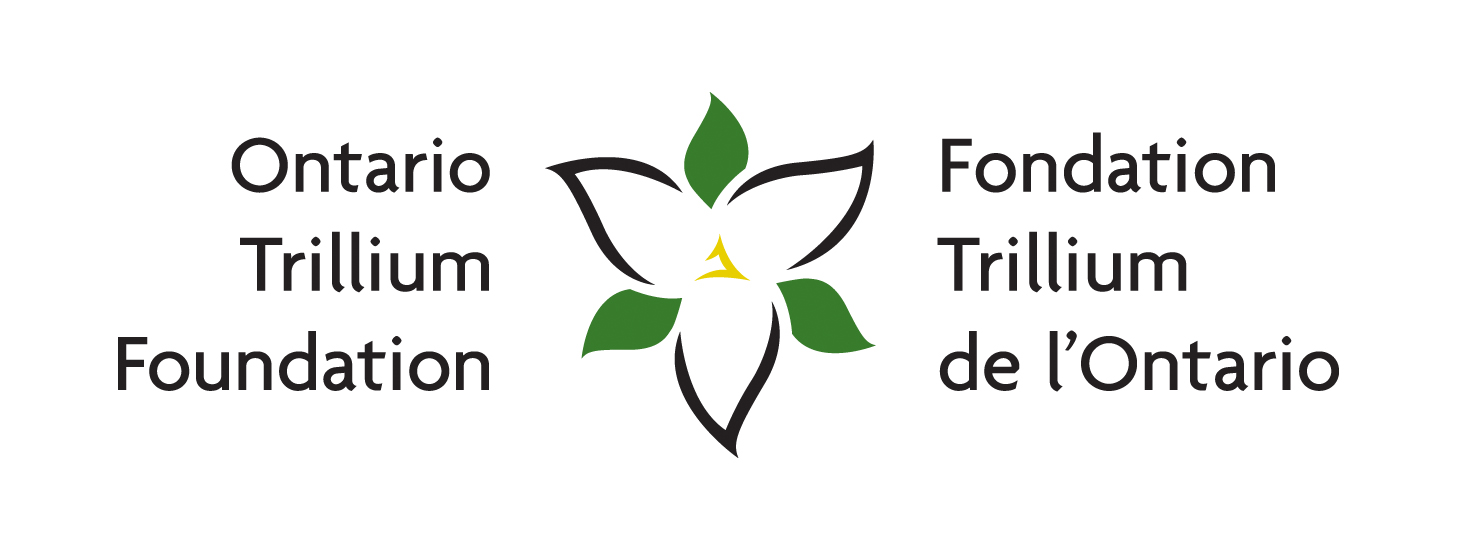Pollinator Habitat on Working Farms
04
2015

In spite of the heat, we had a wonderful crew of volunteers join us for Pollinator Habitat Field Day this past Wednesday.
Led by pollination biologist Susan Chan, the group loaded onto a bus and traveled to three farms around the Lakefield and Buckhorn areas, to take a look a some established pollinator habitat planting projects, and to hear about the farmers' motivations for carrying out this type of conservation work on their properties.
Right from the get-go, the group learned that there are a wide range of reasons to protect pollinator habitat on working farms.
Over at Rocky Lane Farm, sheep breeders Bob and Gail Irvine explained that their habitat restoration project (which involved the installation of a duck pair pond on a wet field) provided them the functional benefit of drier pasture earlier in the spring, and that by re-naturalizing the area with pollinator-friendly plants, the Irvines also now have a comfortable spot for recreation.
Arriving at Buckhorn Berry Farm, we heard all about fruit and vegetable farmer Sam McLean's complex crop rotation system, which incorporates field margins and hedgerows that are utilized as natural buffers for spray drift, and also provide excellent habitat for pollinators near the pollen and nectar sources of the McLean's pumpkin, squash and corn fields.
And when we arrived at Leahy Farm, beef farmer Bernard Leahy explained the important role that pollinators play in the health of his pastures and his hay crops. To help him improve the numbers of healthy pollinator populations on his new farm, the group lent hands and shovels to help plant native trees, shrubs and DIY bee nests around the edges of one of his pastures. To see a drawing of the planting plan, click here.
While projects such as these are relatively simple to implement, they do require some technical expertise and funding to be carried out properly, which is why groups like the Kawartha Farm Stewardship Collaborative are such an invaluable resource to farmers. If you are interested in learning more about how the KFSC might be able to help you with pollinator plantings on your own farm, please let us know.
We would like to thank the TD Friends of the Environment Foundation and the Ontario Trillium Foundation for their generous support of this project.





